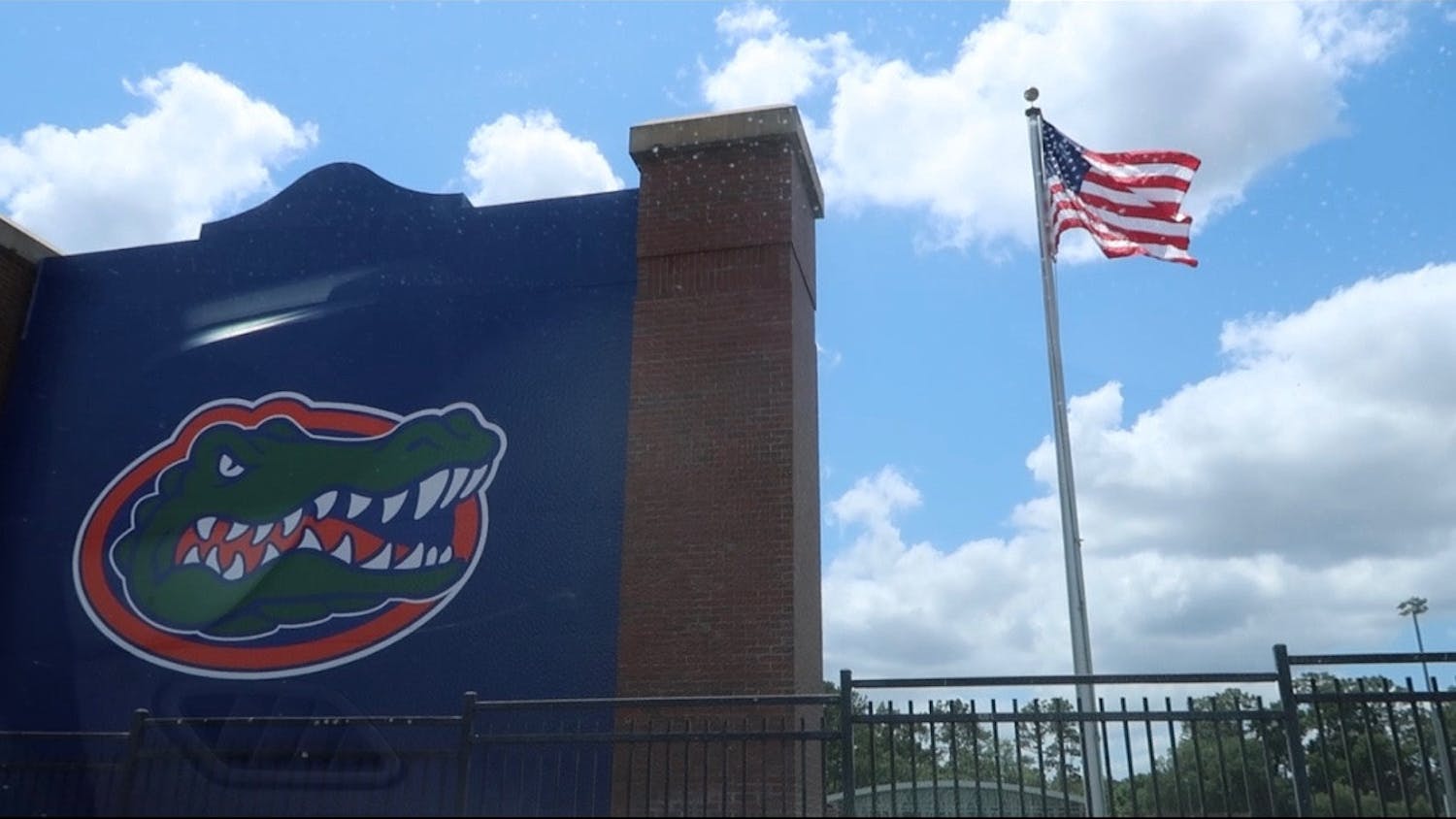UF’s College of Education project added five more states to its $25 million project to assist teachers in better serving students with disabilities.
The Collaboration for Effective Educator Development, Accountability and Reform Center (CEEDAR) provides opportunities for teachers to master specialized instruction and help their students with disabilities succeed.
Paul Sindelar, a co-director for the center, said New Hampshire, Georgia, Utah, Montana and Ohio were the latest states to join the program.
The Office of Special Education Programs of the U.S. Department of Education federally funds the center.Sindelar said UF’s program acts as a technical assistance center to improve leadership planning.
“We have a specific focus on the preparation of classroom teachers and the success of students with disabilities,” Sindelar said.
Florida, California, Connecticut, Illinois and South Dakota were the first states to participate in the project when it received its initial funding in January 2013.
The Office of Special Education Programs has already committed $15 million to the project, and it will donate another $10 million through 2017, when 10 more states take part in the project. Sindelar described the project’s application process as elaborate. Fourteen states applied, but only five were accepted.
“It is a very competitive, rigorous application process with much careful review,” Sindelar said.
The center also works with states to reform policy on students with disabilities by writing new standards and licensure.
Mary Little, a University of Central Florida professor and exceptional student educator, works with researching and planning for the national center. Little said UF manages the three universities in Florida that are part of the center.
“The program is a cohesive and systemic approach to educational reform,” she said.
Erin Neely, a UF education junior, is pursuing an early childhood education degree with a strong focus in special education. She said she has seen positive changes in special education classrooms.
“Students with special needs require more attention,” Neely, 20, said. “Teachers must be prepared to exert that extra effort to ensure that they are giving students with special needs the best education possible.”
[A version of this story ran on page 10 on 10/10/2014]




